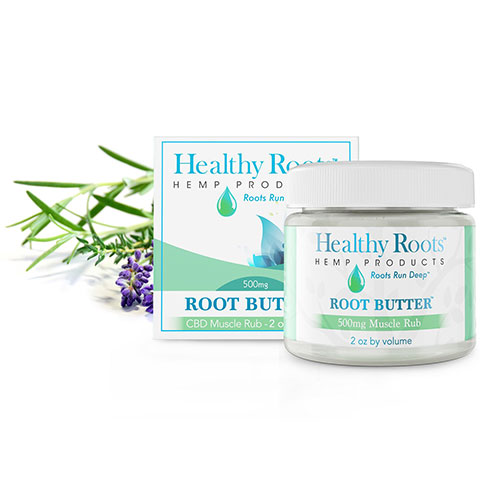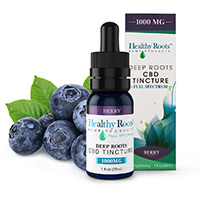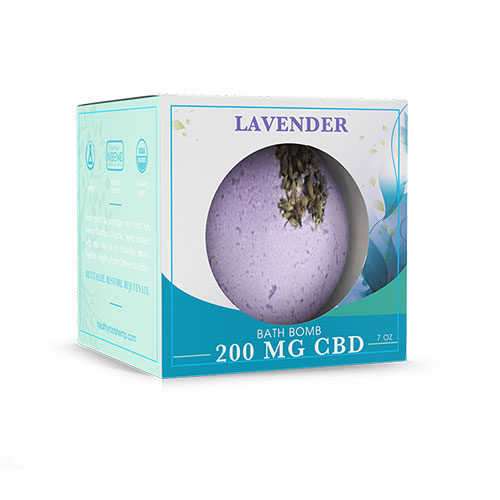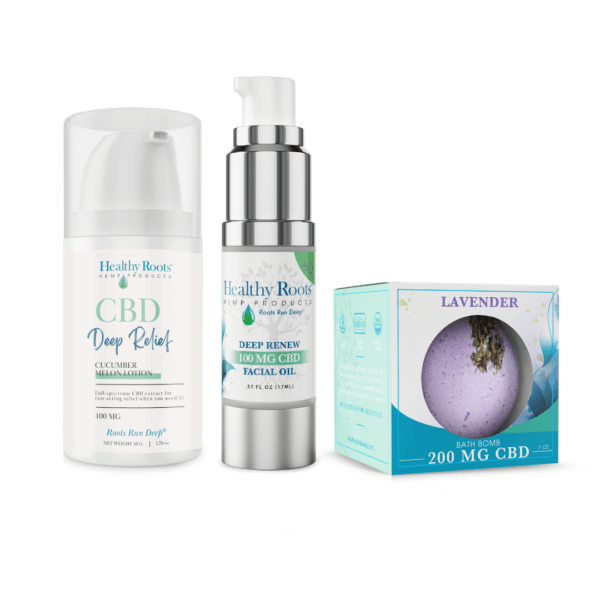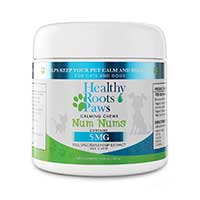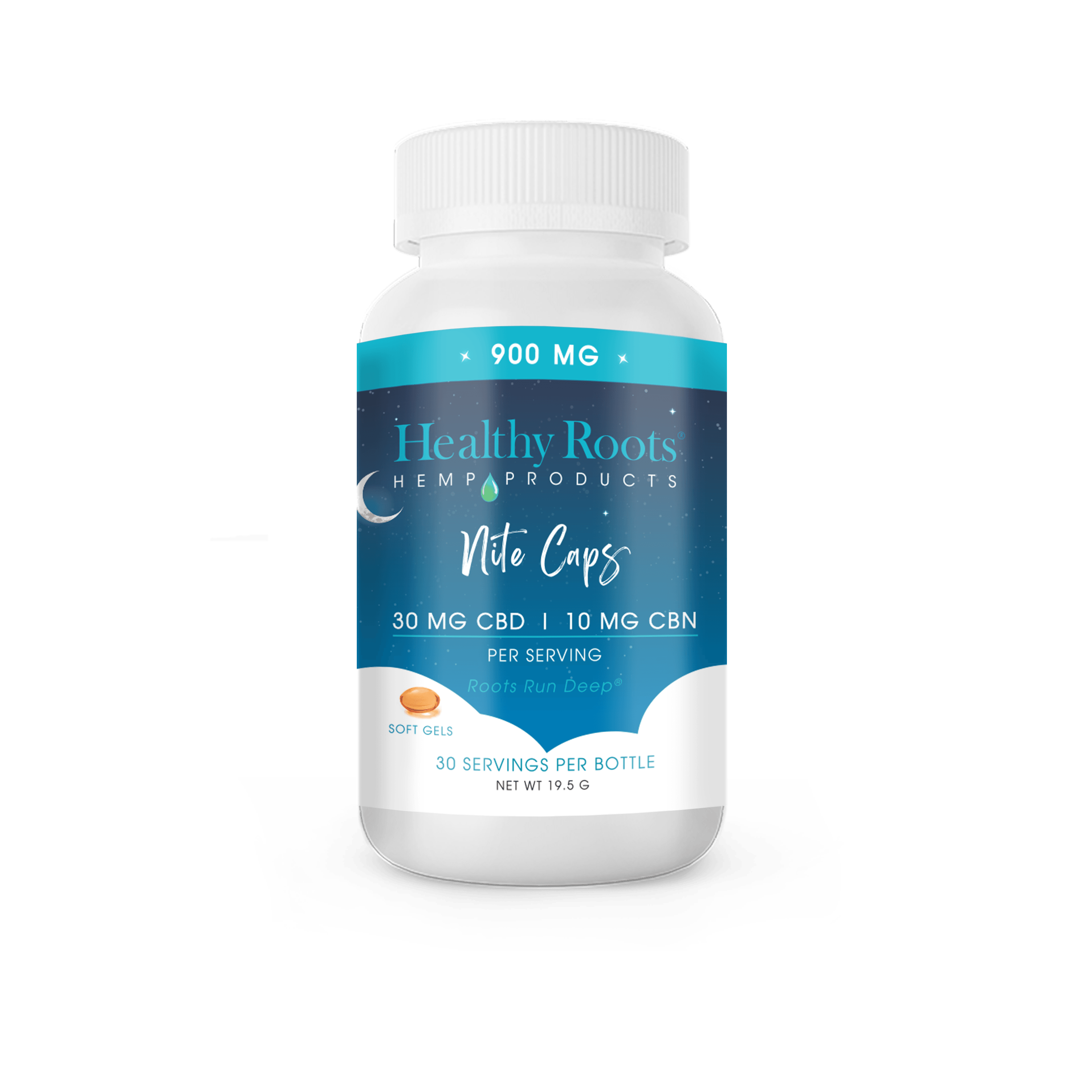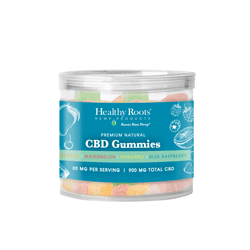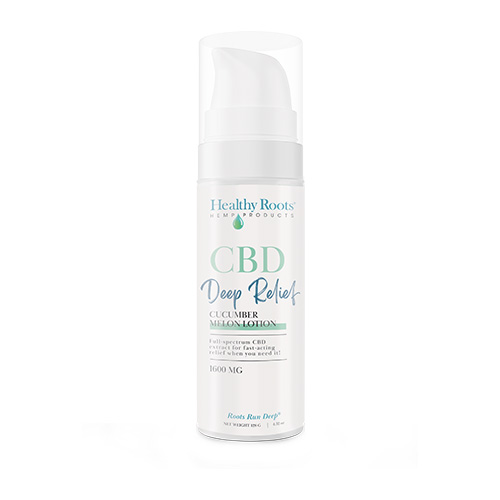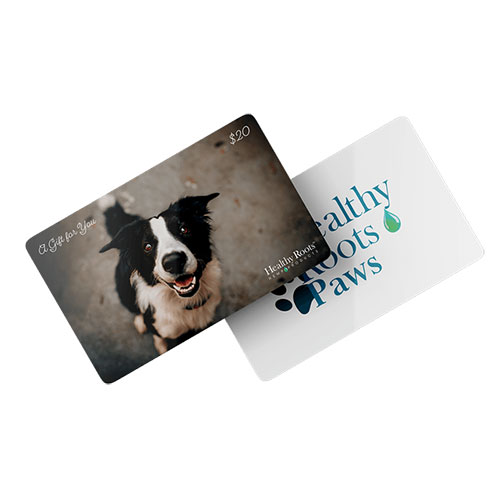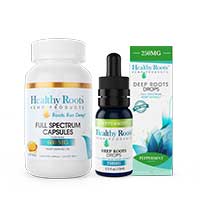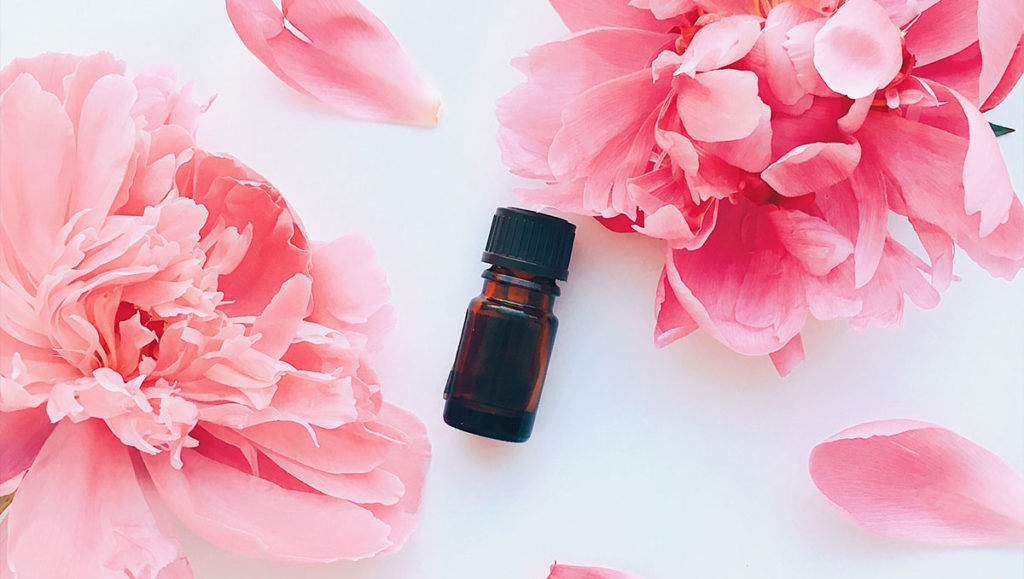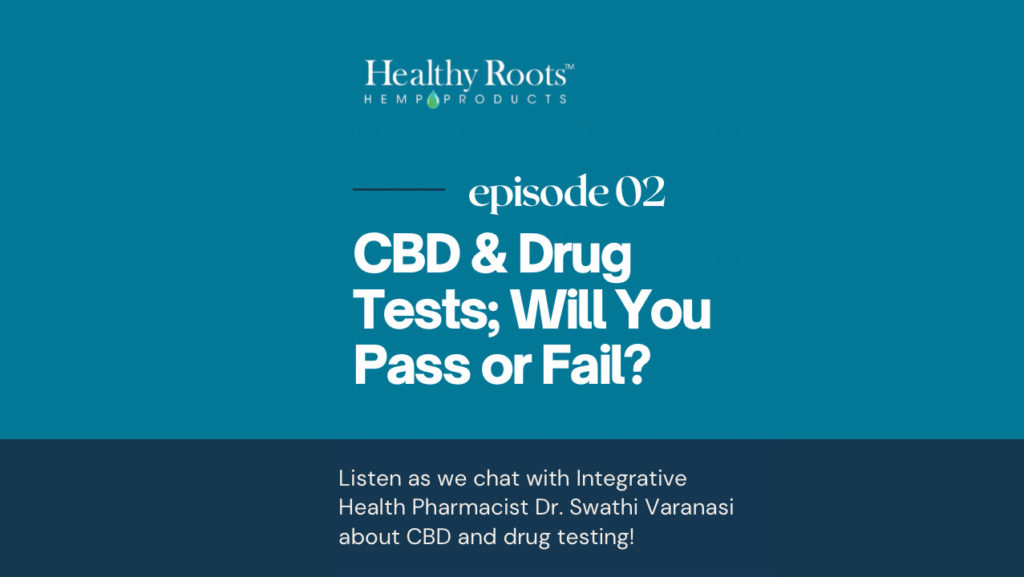
CBD and Drug Tests; Will You Pass or Fail?
Healthy Roots Hemp Founder Liz sat down once again with Dr. Swathi Varanasi, an accomplished Integrative Health Pharmacist based out of Los Angeles California, to chat about how CBD can affect drug tests.
Will CBD “show up” on or result in a positive drug test?
This is a common question for people who are taking and/or considering taking CBD. The short answer is usually not, due to the Legal Hemp Farm Bill, however it depends on the product consumed. If CBD showing up on a drug test is a concern, Isolate and broad-spectrum products are considered your safest bet. It should be noted though that even full spectrum will likely not show up on a test because all hemp legally has to be under 0.3% THC, which results in a very low likelihood of it being picked up on a test.
Is there a “cut off” limit for the presence of CBD in drug tests?
When purchasing CBD products, make sure to buy from brands with COA’s readily available; you can check these to see the THC and CBD amounts in the product. With this being said, there is no technical cut off limit for the presence of CBD and THC in drug tests; it is possible that it could show up no matter the percentage. This comes down to each person, as everyone metabolizes things differently.
How long does CBD stay in the body?
Our body’s kinetic system (what our body does to the consumed drug — how we eliminate and absorb) vs. dynamic system (how it enters the body, moves through the body) response can differ with different formulations. So, if you take CBD orally, it can last 1-2 days in the body. It’s important to note that the frequency of CBD use in this case matters more than the dose. If you’re taking CBD daily vs. just once in a while the level of CBD in the body becomes more of a concern in terms of positive testing. In the case of topical CBD, the compounds are absorbed locally and do not enter the bloodstream, so you should not worry about topical CBD showing up on a test.
Does the type of drug test play a role?
The type of drug test really only matters to a slight extent and depends on the form of consumption. Inhaling bypasses the “first pass effect” in the GI/Liver systems and goes more directly into the bloodstream, especially with higher doses, while if ingesting, less is absorbed due to the “first pass effect”. Orally can be shown metabolized by the enzyme system in the liver. Urine is usually the most common test, followed by blood tests, especially for stricter jobs but depends on individual situation/job. Patients should look into and be aware of their situation and job requirements to know what they’re dealing with specifically.
Does it make a difference if my state is legal for rec and med?
Sometimes companies will take into consideration state laws, but company regulations have the option to override state and federal regulations. It’s highly dependent on the job and industry (i.e., government employees can’t use CBD at all, even isolate.) So, the answer varies on a case-by-case basis.
Do I have to, or should I, disclose my CBD consumption usage before a test?
It depends; some patients are on medically recommended products so in that case it may be valid, but that conversation should happen as far in advance as possible of the date of the test. Make sure to discuss your options with your doctor, and should you deem it necessary, with whoever has ordered the drug test.
If you have more questions about drug testing and CBD, you can head to doctorswathi.com and send her a message with your questions!!
Want to learn more about how to talk to your healthcare provider about CBD? Click here to learn more.
Want an isolated product that contains NO THC, find that here!

